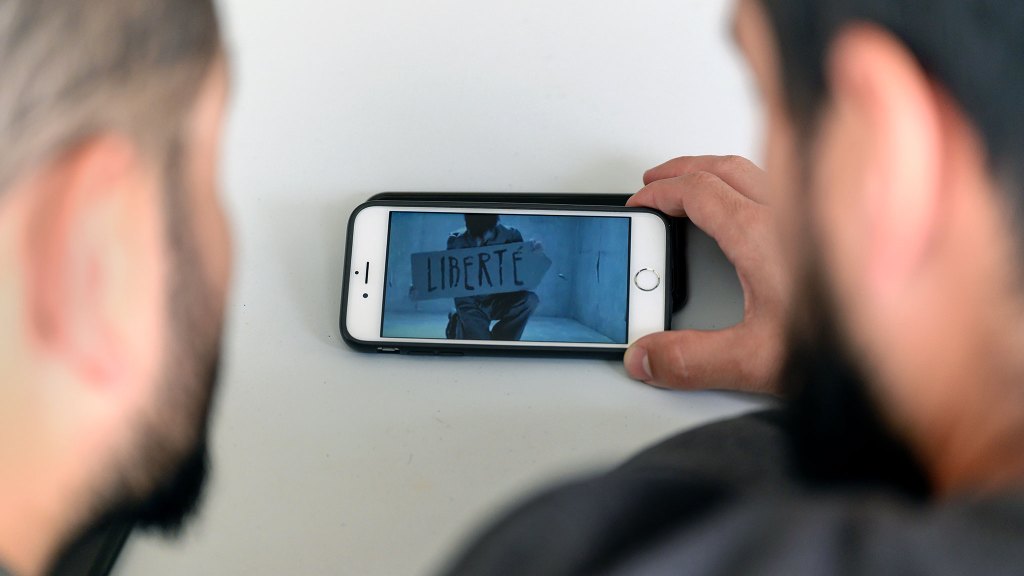Most of us have seen our share of feature-length films. We know what can be accomplished and covered in a movie that runs 90 minutes or more. But what about short films? What do they have going for them?
Jesus Film Project® has a huge selection of short films, and we add more quite regularly. These films have benefits that longer films don’t … especially as tools to communicate with others.
Here are five things that short films really have going for them:
1. Short films are concise and to the point
When it comes to feature-length films, there’s room for stories to spread out. You have room for lots of characters and subplots. Writers and directors can take the narrative in multiple directions. Sometimes that allows for complex and dense storytelling, and sometimes, the picture lacks focus and cohesiveness.
Short films don’t have that problem. Artists can focus on a single, clear point or story without getting bogged down in different areas. The time viewers spend watching a short film is spent zeroing in on the artist’s singular message and point.
2. Short films are not a huge time commitment
Short films stimulate conversation and generate thought but don’t require considerable buy-in. You might want to use a film as a jumping-off point for critical discussions, but asking someone to invest more than 90 minutes can seem like a lot. But a 2–10-minute short film feels much more approachable!
If you want to use a short film like #FallingPlates to communicate the gospel message to someone, you can post it, email it or even share it with them on your phone, and you’re not asking them to make an unreasonable time investment.
3. Short films communicate in ways feature films cannot
Shooting a feature-length film is expensive, so studios get involved and want to ensure they’re getting a hit film. They do test screenings to gauge audience reaction and then reshoot sections to match audience expectations. Quite often, that means scrubbing all of the nuances out of the film to make it as consumable as possible. And in the process, the writers’ and director’s vision can be lost.
This is not a problem with short films. They’re not as time-consuming or costly. They fly under the radar of major studios, usually being released independently. For good or bad, the artistic vision gets to stay intact. This means that short films can ask interesting questions without offering simplistic answers, allowing viewers to puzzle through them in their own way.
The short film Çoğu Çay (Mostly Tea) clocks in under four minutes. In that time, viewers experience a story that doesn’t even clearly spell out the questions it asks. Is it a short film about kindness? Is it a film about the nature of purity? The answer is “Yes!” Because it’s open-ended. In its subtlety, it leaves room for reflection and discussion.
Short films are great ministry tools
As a medium, short films are perfect for ministry. They’re provocative and thought-provoking but brief enough to create ministry opportunities without wasting your limited time. If you’re interested in ways to use this kind of media resource in your ministry, check out 3 Tips for Using Short Films in Small-Group Discussions. It will help you put Jesus Film Project’s® short-film library to good use!
